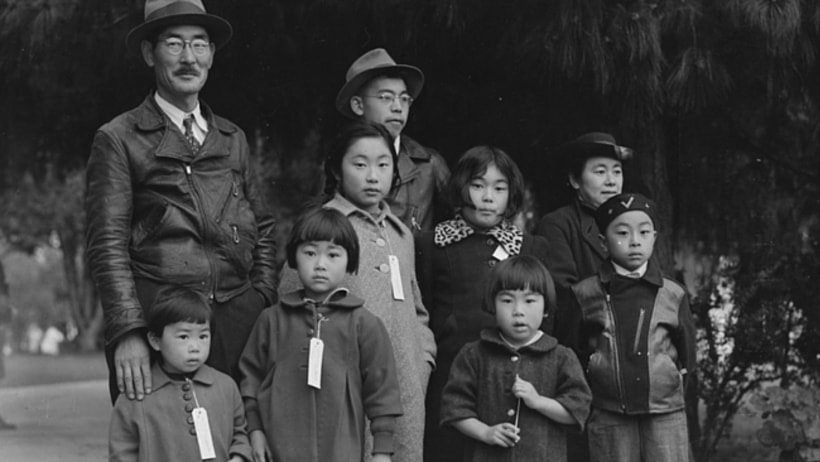
Asking for and granting forgiveness can be a long, difficult road, especially in the extreme instance of nations at war. But that certainly doesn’t explain away this type of treatment of fellow citizens who are our brothers and sisters. This week’s Torah portion, parshat Miketz, speaks to the idea of familial forgiveness in a more literal sense. It’s a lesson in perseverance and understanding between brothers.
We pick up in part two of the life and trying times of Joseph. Our hero has had a few setbacks, among them being sold into slavery by his brothers and thrown into jail. However, Joseph gets his big break when Pharaoh has a startling occurrence of dreams. When none of Pharaoh’s resident magicians are able to interpret his visions, Pharaoh calls on Joseph, and with God’s help, Joseph translates the dreams as a sign of an approaching period of fertility followed by a period of famine. Joseph presents Pharaoh with a game plan and becomes Pharaoh’s right-hand man in preparation for these times that will certainly be difficult not only for Egypt, but also neighboring lands.
With a little project management, Joseph stores the extra food during the fertile years and saves Egypt from starvation during the seven years of famine. Joseph’s brothers are sent by Jacob to Egypt to buy food for the family, and the stage is set for a surprise confrontation between the brothers and Joseph, who has become one of the most powerful men in all of Egypt.
Joseph has a choice to make. He can seek vengeance and throw his brothers into jail (or a dark pit) to rot, or he can forgive and accept them back with open arms. Though we know he chooses the path of forgiveness, he does so in a way that tests their feelings towards their father and their youngest brother Benjamin in order to see if they’ve repented yet for selling him into slavery.
The reunion has a happy ending, but not just because of forgiveness. The greater lesson here is one of perseverance. Joseph could have easily given up hope when his brothers left him to die or while he was in jail when others were set free. Instead, he pressed on and let the fire burning inside him carry him from the darkness rather than consume him.
Crimes committed out of fear against our brothers and sisters, whether in an immediate family or in the more global sense, are a byproduct of ignorance of the worst kind. It was this type of crippling ignorance that forced over 100,000 people into internment camps in the early 1940s. Now imagine if we saw our brothers the way Joseph saw his. Even for Joseph, free and full forgiveness was difficult to achieve, but it came as a result of understanding and ending the ignorance that existed between them. May we learn from Joseph that acceptance is possible, and may we have the perseverance to get there.
-Rabbi Eve Posen
Source: Brother Against Brother – Parshat Miketz 5776 – Rabbi Eve Posen



